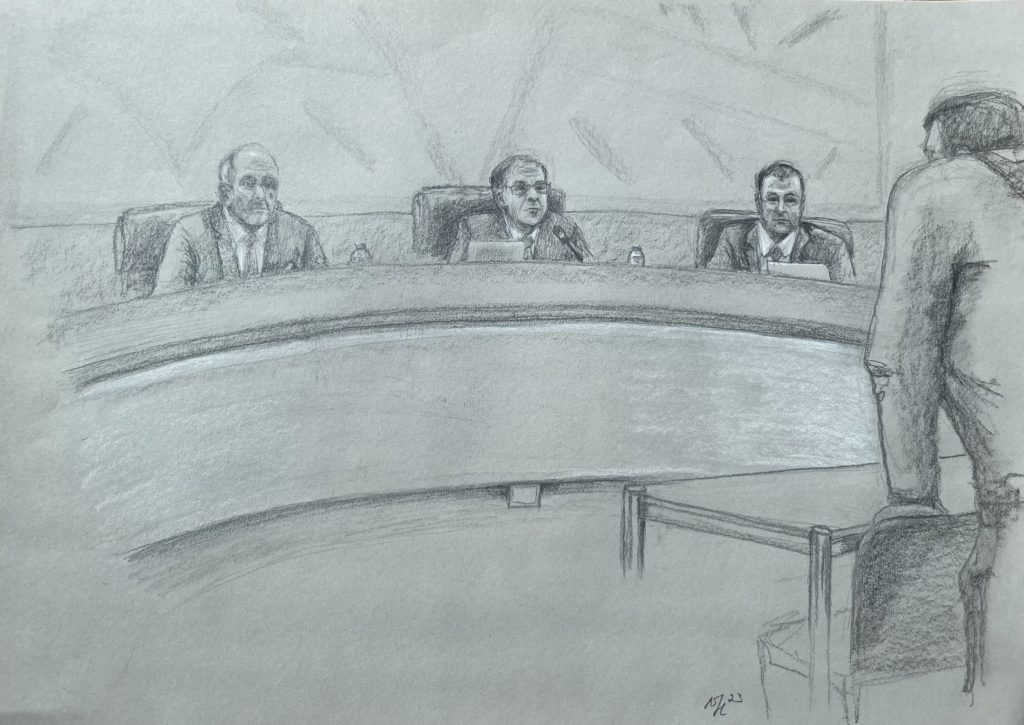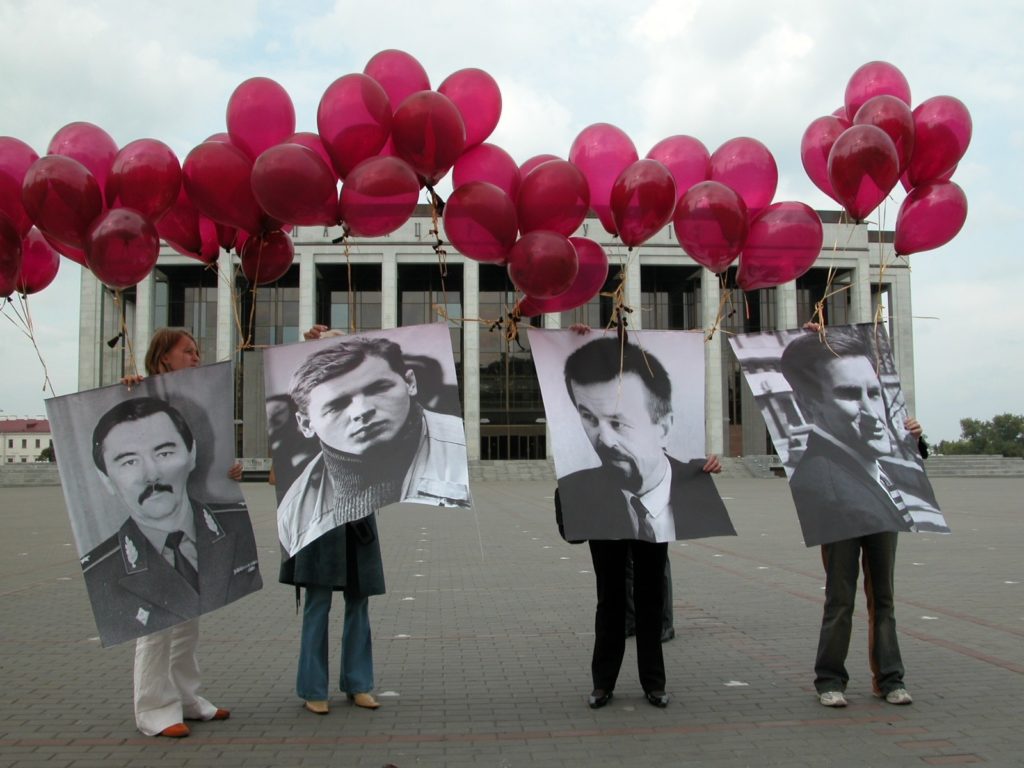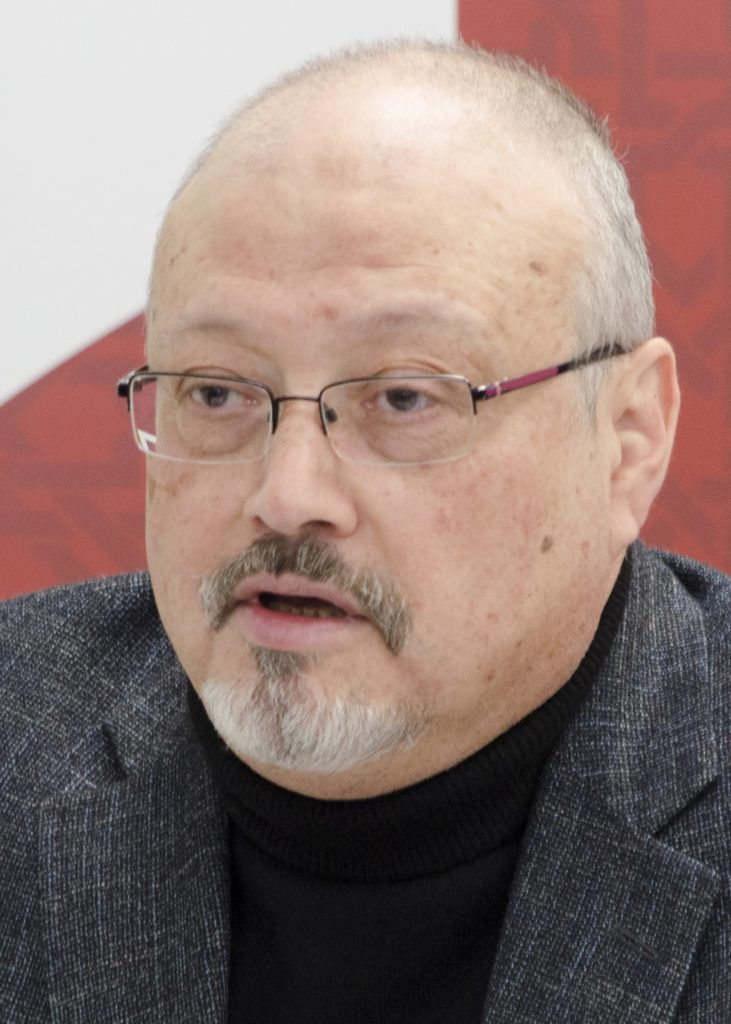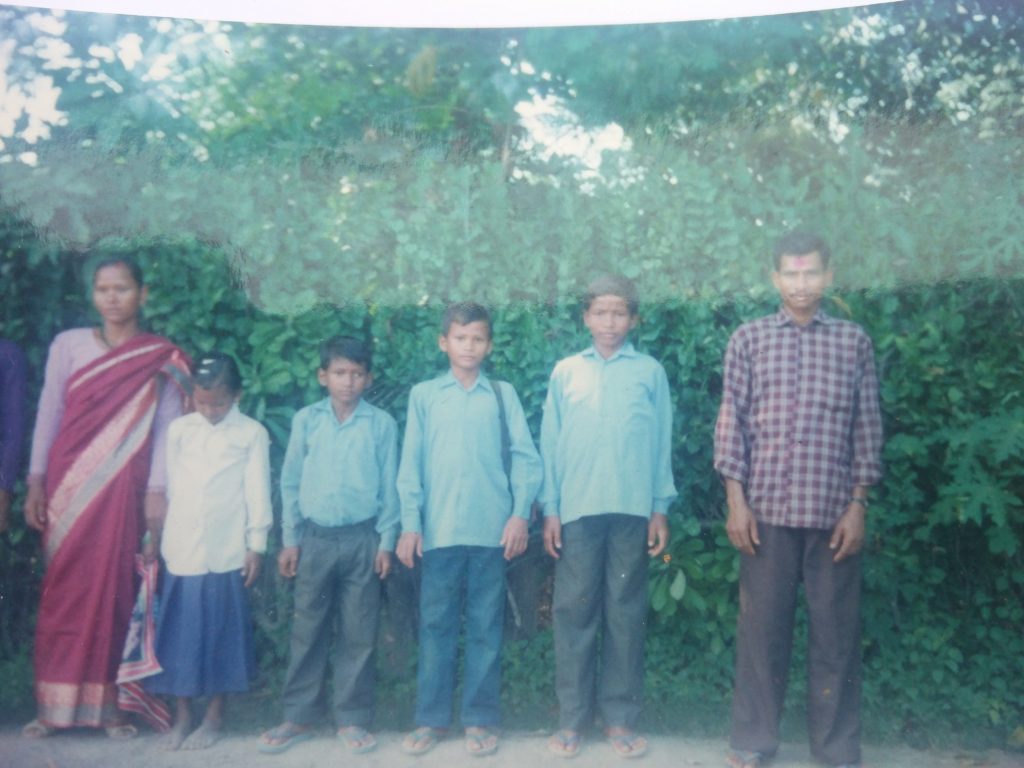Enforced disappearance of Fadil Icic in June 1992
The Facts
In December 2010, TRIAL submitted an application to theUnited Nations Human Rights Committee concerning the enforced disappearance of Fadil Ičić, on behalf of his mother, Mrs. Mevlida Ičić.
On 20 June 1992, when ethnic cleansing operations were taking place in Trnopolje (Bosnia and Herzegovina – BiH) and in the surrounding area, members of the Bosnian Serb forces arbitrarily deprived Fadil Ičić of his liberty as he was working in the field outside his house. He was taken to the concentration camp known as “Omarska”. In Omarska, Fadil Ičić and other men were living in inhumane conditions and they were frequently beaten and ill-treated. Fadil Ičić was last seen alive by another prisoner, in the hands of the guards of the concerntration camp. The fate and whereabouts of Fadil Ičić remain unknown since then.
Mrs. Mevlida Ičić lives in a lacerating situation of uncertainty, in spite of numerous attempts to establish the truth regarding the circumstances of the arbitrary deprivation of liberty, ill-treatment and enforced disappearance of Fadil Ičić, his fate and whereabouts and the progress and results of the investigations. Almost 18 years after the events, no ex officio, prompt, impartial, thorough and independent investigation has been carried out by BiH authorities and no one has been prosecuted, judged and sanctioned for the crimes concerned, thus fostering an ongoing climate of impunity. Although Mrs. Mevlida Ičić and the other members of the family have given their DNA samples to international mechanisms and national institutions dealing with the subject of missing persons, to date the mortal remains of Fadil Ičić have not been duly located, exhumed, identified and returned to the family.
Besides, Mrs. Mevlida Ičić has still not received integral reparation or compensation for the harm suffered by her and her son.
In March 2008 Mrs. Mevlida Ičić submitted an application to the Constitutional Court of BiH. On 13 May 2008 the Constitutional Court adopted a ruling on the case, finding a violation of various provisions of the European Convention on Human Rights because of the lack of information on the destiny of Fadil Ičić. Therefore it ordered the authorities to disclose all available information on the fate and whereabouts of Fadil Ičić.
As of today, Mrs. Mevlida Ičić has still not received any information. Consequently TRIAL submitted an individual communication to the United Nation Human Rights Committee asking it:
to recognise that BiH violated numerous articles of the International Covenant on Civil and Political Rights subsequently to Fadil Ičić’s enforced disappearance;
to declare that BiH also violated the Covenant with regard to the suffering caused by Fadil Ičić’s mother owing to his disappearance;
to request that BiH undertake all necessary action to launch independent investigations as a matter of urgency with a view to locating Fadil Ičić and, in the event of his death, exhuming, identifying, respecting and returning his mortal remains to the authors;
to request that BiH undertake all necessary action to identify those responsible for his arbitrary deprivation of liberty, ill-treatment and subsequent enforced disappearance, judge and sanction them;
to request that BiH undertake all necessary action to guarantee that Mrs. Mevlida Ičić obtain without any further delay fair and adequate compensation and, in particular, access to medical and psychological care free of charge.
The Decision
On 30 March 2015 the UN Human Rights Committee issued a decision on the case, finding BiH responsible for the violation of several provisions of the International Covenant on Civil and Political Rights, including the rights to life, personal liberty, and the prohibition of torture with regard to Mr. Fadil Ičić. The Committee declared that the State is responsible for not providing information on the progress of the investigation into Mr. Ičić’s enforced disappearance to his loved ones. The failure of the State to unveil the truth on Mr. Ičić’s fate and whereabouts exposed his mother to anguish and distress amounting to inhumane and degrading treatment. Similarly, the fact that in order to obtain social allowances Mrs. Mevlida Ičić was forced to declare her missing son dead, while there was no certainty on his fate and whereabouts, constitutes inhumane and degrading treatment.
The Committee requested BiH to:
- Establish the fate and whereabouts of Mr. Fadil Ičić;
- Bring to justice without unnecessary delay those responsible for Mr. Ičić’s enforced disappearance;
- Ensure that Mrs. Mevlida Ičić receives the necessary psychological rehabilitation and medical care, adequate compensation and appropriate measures of satisfaction;
- Prevent similar violations in the future and ensure that investigations into allegations of enforced disappearance are accessible to the families of missing persons;
- Amend the existing legal framework so that relatives of missing persons are not forced to obtain a certificate of death of the victim as a condition to receive social benefits.
BiH has now 180 days to inform the Committee about the measures taken to implement this decision.
The General Context
During the summer 1992, Bosnia and Herzegovina experienced the most violent phases of its history. The armed conflict between the Bosnian Serb forces and the Bosnian government forces generated the worst atrocities : operations of ethnic cleansing took place, concentration camps were set up and entire populations were forced to internally displace.
It is estimated that between 100,000 and 200,000 persons died as a consequence of the conflict (1992-1995) in BiH and that between 25,000 and 30,000 were victims of enforced disappearance.
In 2010 the International Commission on Missing Persons (ICMP) and the International Committee of the Red Cross estimated that around 10,000 people remain disappeared in BiH.









